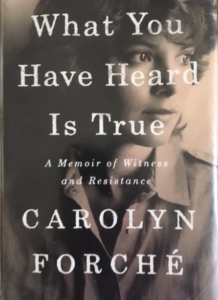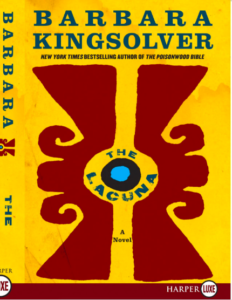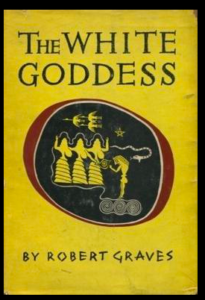 I’ve just finished a riveting memoir titled What You Have Heard is True, by Carolyn Forché. It is about the lead-up to the civil war in El Salvador in the 80s. I recommend it highly because of the perspective Forché gives on our troubling history with Central America and our current concern for immigrants and separated families at the border.
I’ve just finished a riveting memoir titled What You Have Heard is True, by Carolyn Forché. It is about the lead-up to the civil war in El Salvador in the 80s. I recommend it highly because of the perspective Forché gives on our troubling history with Central America and our current concern for immigrants and separated families at the border.
But that’s not the purpose of this post. I’m writing about it here because the author is a poet. I’m intrigued by the fact that a charismatic and mysterious coffee plantation owner named Leonel Gomez Vides, the protagonist of the book, would drive all the way from El Salvador to San Diego in 1978 just to ask a young poet to visit his country and bear witness to its struggles.
Why a poet?
If you read the book, you may understand why poetry might be needed to weave such a vivid and painful narrative. It reminded me of something I learned working with the Office of Multi-cultural Studies during my time in the Arts Education Branch at LAUSD. We were developing a professional development for our elementary dance, theatre, and visual arts teachers, incorporating the arts to focus on the La Llorona (the weeping woman). La Llorona is an oral legend known by virtually every hispanic child in our schools but only vaguely familiar to many of their teachers. In fact, some of our arts teachers were weirded out by the workshop. This is understandable. It’s a terrifying story about a woman who drowns her own children and then spends the rest of her life mourning them and snatching other innocent children away from their homes. Hardly an uplifting tale! But we thought it appropriate that we were drawing on a legend from deep in the cultural consciousness of the children we teach, and, like Euripides’ Medea, as a piece of literature it has the powerfully emotional resonance of a poem.
Here is Carolyn Forché in her own words in an interview with Robin Lindley at George Washington University. explaining why Leonel Gomez Vides chose her to write about his country:
“He came to visit me as an American poet. And of course, I tried to dissuade him from imagining that a poet could accomplish the task he imagined, explaining to him that poets didn’t have a great deal of exposure or credibility in the United States, and that we weren’t consulted on matters of foreign policy. We were considered a subculture or a fringe element. He was surprised by that because, of course, in Latin America poetry is very important and taken very seriously, so he decided that one of my tasks was to change the role of poets in the United States, which I thought was very quixotic and probably more impossible than anything else he was asking me to do.
“I was touched by his faith in poetry and by his regard for it…”
 Reading this I remembered that I’ve heard this twice before. Barbara Kingsolver said the
Reading this I remembered that I’ve heard this twice before. Barbara Kingsolver said the  exact same thing about her book The Lacuna, which tells the story of Tolstoy’s time living in Mexico. In The White Goddess, Robert Graves describes a time in ancient British history when poets sat next to kings in government. Poets are, and have always been, valued in other cultures far more than they are in ours. They interpret, clarify, and vivify the times to which they are witness.
exact same thing about her book The Lacuna, which tells the story of Tolstoy’s time living in Mexico. In The White Goddess, Robert Graves describes a time in ancient British history when poets sat next to kings in government. Poets are, and have always been, valued in other cultures far more than they are in ours. They interpret, clarify, and vivify the times to which they are witness.
One of the experts I worked with in the Multi-cultural Office explained it to me this way. “In Mexico,” he said, “We have the phrase ‘flores y canciones’ (flowers and song) deeply embedded in all aspects of our culture.” The arts not only entertain, explain, soothe, and edify: they contextualize and they teach.
Just as the poet Euripides had to write the story of Medea, a poet had to write the story of El Salvador. If you are not convinced, read the book.
Plato said that children should be exposed from a very young age to the best of what our language has to offer them. We need to teach them the power and the beauty of language: listening to it, speaking it, reading it, and writing it with skill and truth.
another insightful essay on the use of poetry……you explain the importance of poetry and the vital part it plays in our understanding of the world and of human culture.
Thank you Robin. Inspiring and uplifting.
Poets inspire. Our two modern day poets that have given me many moments of reflection and inspiration are Leonard Cohen and Bob Dylan.
Some poets write of beauty; others of horror. Carolyn Forche wrote of the latter. I do not know how she managed to personally witness the dirty war of El Salvador. Something compelled me to read widely about the “disappeared” in Argentina and other South American countries. I became so angry with those governments and our own government’s role, but I wouldn’t have been able to put my feelings into words. I wish I could.